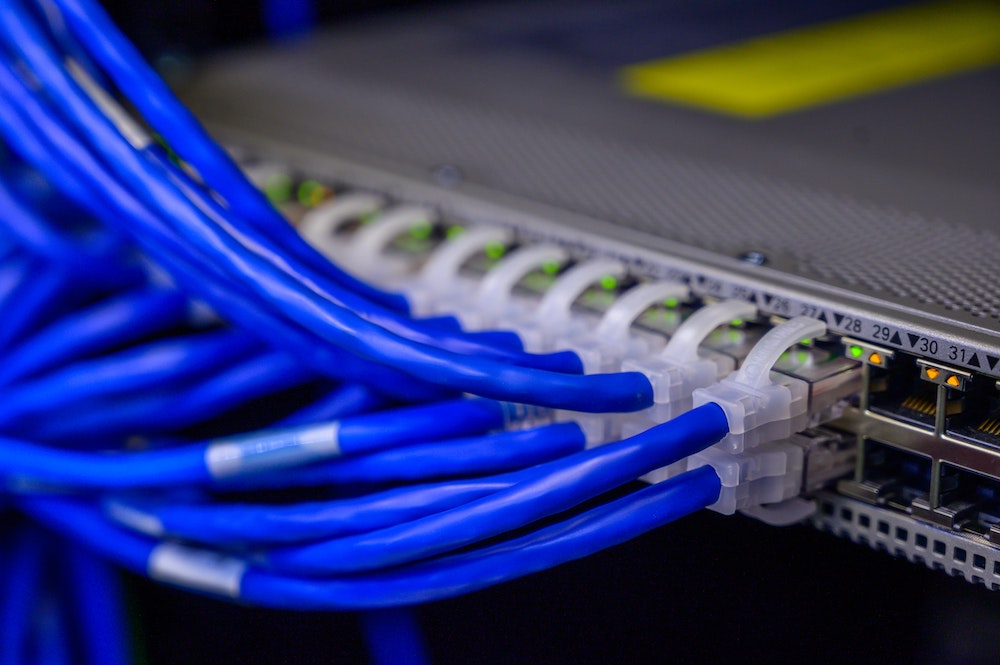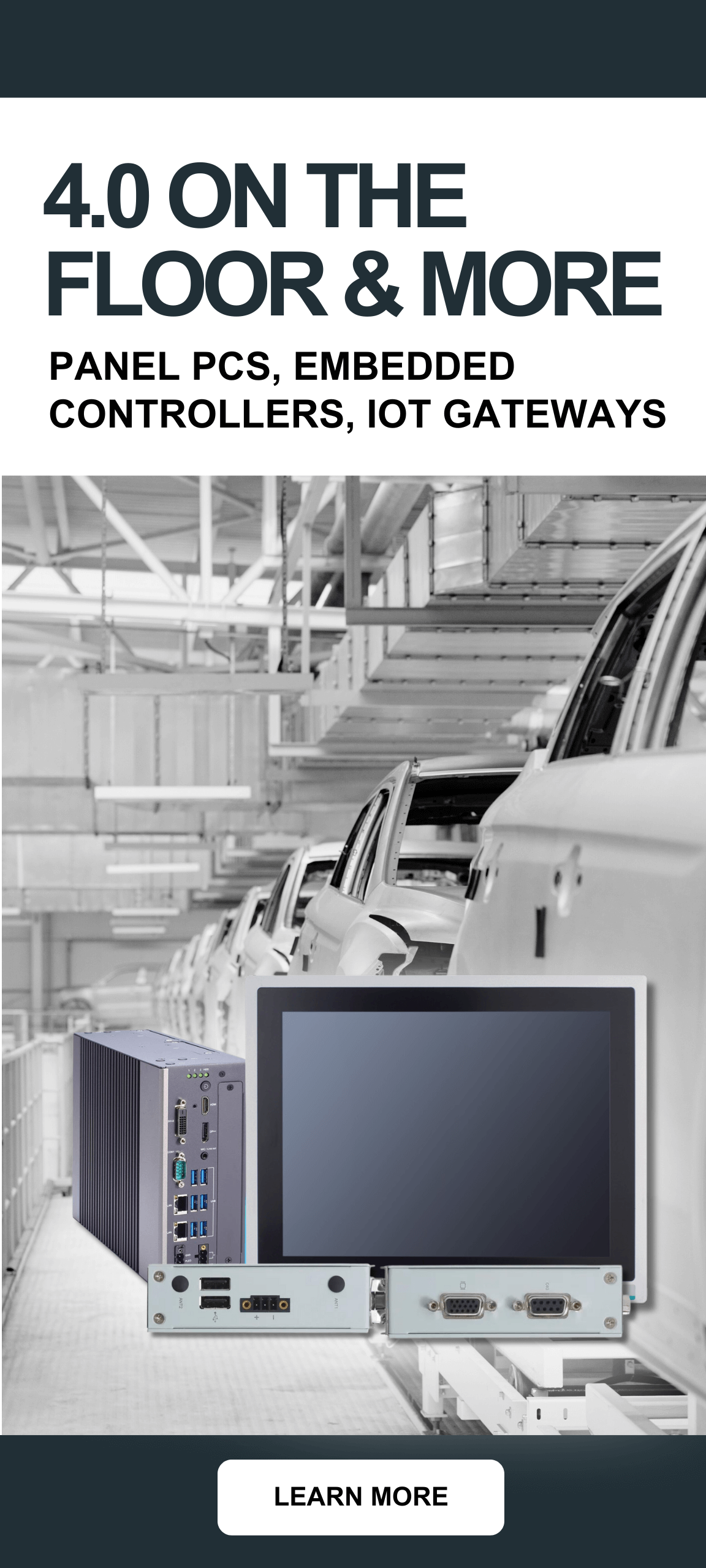
4 Reasons Your Business Should Use Industrial Computers
Blog
An industrial computer is one that is designed for use in industry, which is to say the production of goods, manufacture of machinery, or processing of raw materials. As such, they have many unique benefits over the average consumer desktop. When designing for these applications, it is important to build the computers to be able to withstand all of the environmental factors involved and still provide all of the functionality required. Environmental factors can include such things as dust, vibration, temperature variation, etc.
Since these design requirements result in a very sturdy, reliable PC, industrial computers have been adopted for use in many other industries and applications such as digital signage, robotics, and outdoor use-cases. As a result, the term industrial computer has become a sort of catch-all term in a lot of marketing for any system that approximates these specifications, even if it’s not specifically targeted towards the industrial automation/manufacturing industry. Because of the wide range of needs, industrial computers can be found with incredibly efficient low-power processors like Atoms and Celerons, all the way up to high powered i7s or even Xeons.
1. Durability
Industrial computers are expected to work in harsh conditions. Whether it is powering an outdoor kiosk contending with wind, heat and cold, or it is on the factory floor having to contend with dust and vibration, an industrial computer is going to have to carry on functioning. As opposed to brittle consumer computer products which are designed to sit on a desk in a climate controlled environment, industrial computers are designed from the beginning with these environmental considerations in mind. Where a consumer pc would overheat, an industrial PC would be populated with extended temp rated components and with a chassis intelligently designed as a heat-sink to “wick” the heat off the internals and into the air. In the face of shock or vibration, where a consumer PC would literally fall apart or at least sustain damage to brittle internal components, an industrial PC would be constructed with a sturdy metal chassis, mounted onto a surface in such a way as to reduce vibration and with internal components mounted such that they receive less shock.
2. Reliability
Industrial computers are often installed into applications where the operating time is 24/7. This is a great deal more usage than the average consumer application, which is approximately 5-8 hours a day, in an office setting. To make things even more difficult, computers in these applications can sometimes be installed in locations that are hard to access for maintenance, making reliability that much more important.
To address these requirements, industrial computers are constructed with components which are suitable for continuous operation. SSDs or other flash storage are favored over HDDs for instance, because the spinning disk within an HDD is a potential point of failure. For this same reason, industrial computers are built to be fanless. They don’t even have a CPU fan! In addition to bringing a lot of unwanted dust inside the computer, fans can be a major point of failure within a computer. If any one fan fails, that can cause the computer to overheat, shut down and potentially damage some of the much more expensive components within the computer. The ideal industrial computer has no moving parts within it.
3. Power Requirements
While many applications and equipment call for specific voltages such as 9V, 12V or 24V, there is a difference between the nominal voltage and what the machine actually receives. As many power sources are unregulated, a varying voltage can damage the computer which is on the receiving end. To combat this problem, many industrial computers have a wide range voltage input (such as 9~48V) which protects the device, without having to invest in more expensive protection circuitry. In addition to this, industrial computers have access to many other power options, such as POE, Wake on Lan, and even Power on Ignition for in-vehicle applications.
4. Customization
Because no 2 applications are truly the same, it follows that there isn’t one computer that will fit every application. For this reason, many industrial computers are offered to be configurable and modular. Having the ability to choose different I/O and components for the computer system to have right out of the box enables industrial computers to fit a very wide range of requirements. Additionally, if the configuration options offered by on-the-market industrial computers still don’t fulfill the requirements, there is the additional option of purchasing a customized or even custom-designed computer, in order to get that perfect fit. Traditional commercial computers have many features designed to meet the needs of general consumers, however, industrial computers can be customized for very specific functions related to Telecom, Kiosk, Medical Imaging, and Broadcast to name a few.
About New Era Electronics
If you are in need of an industrial computer for your business, look no further! Be sure to contact a member of our staff to let them know the specifications that you are looking for. Our comprehensive advanced search function can also assist you when searching for an industrial computer.




